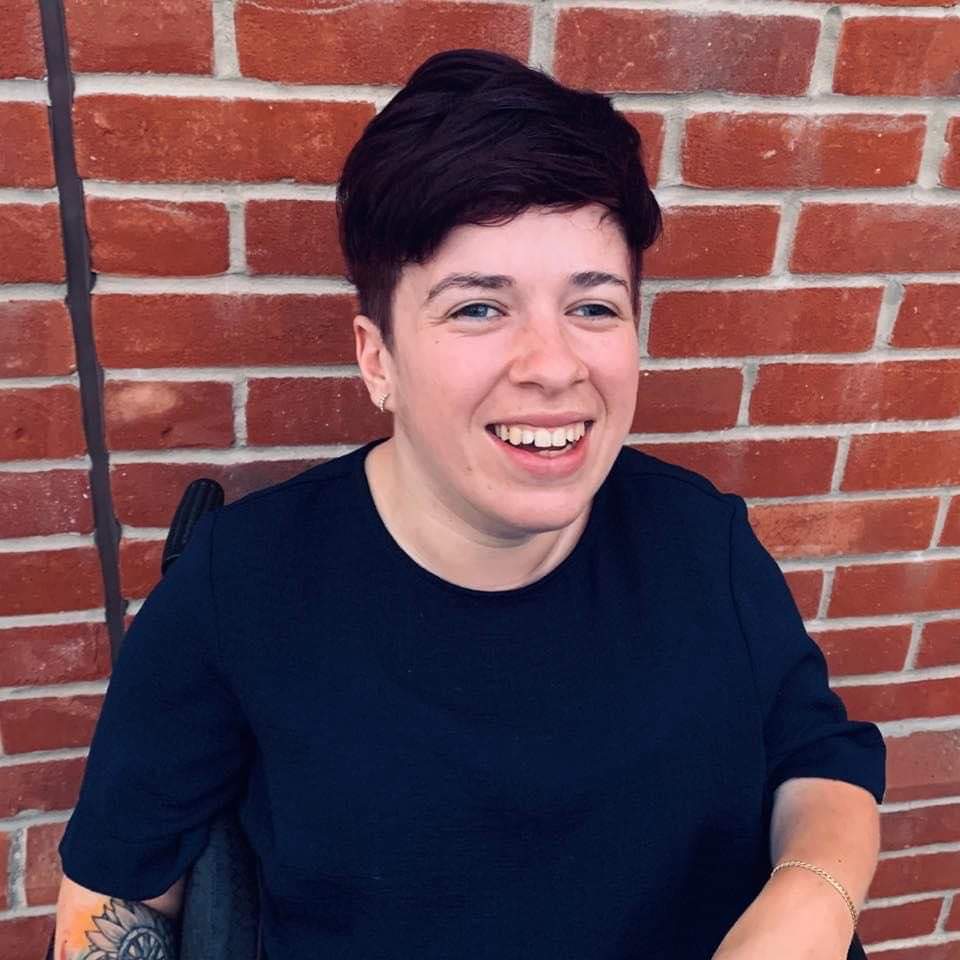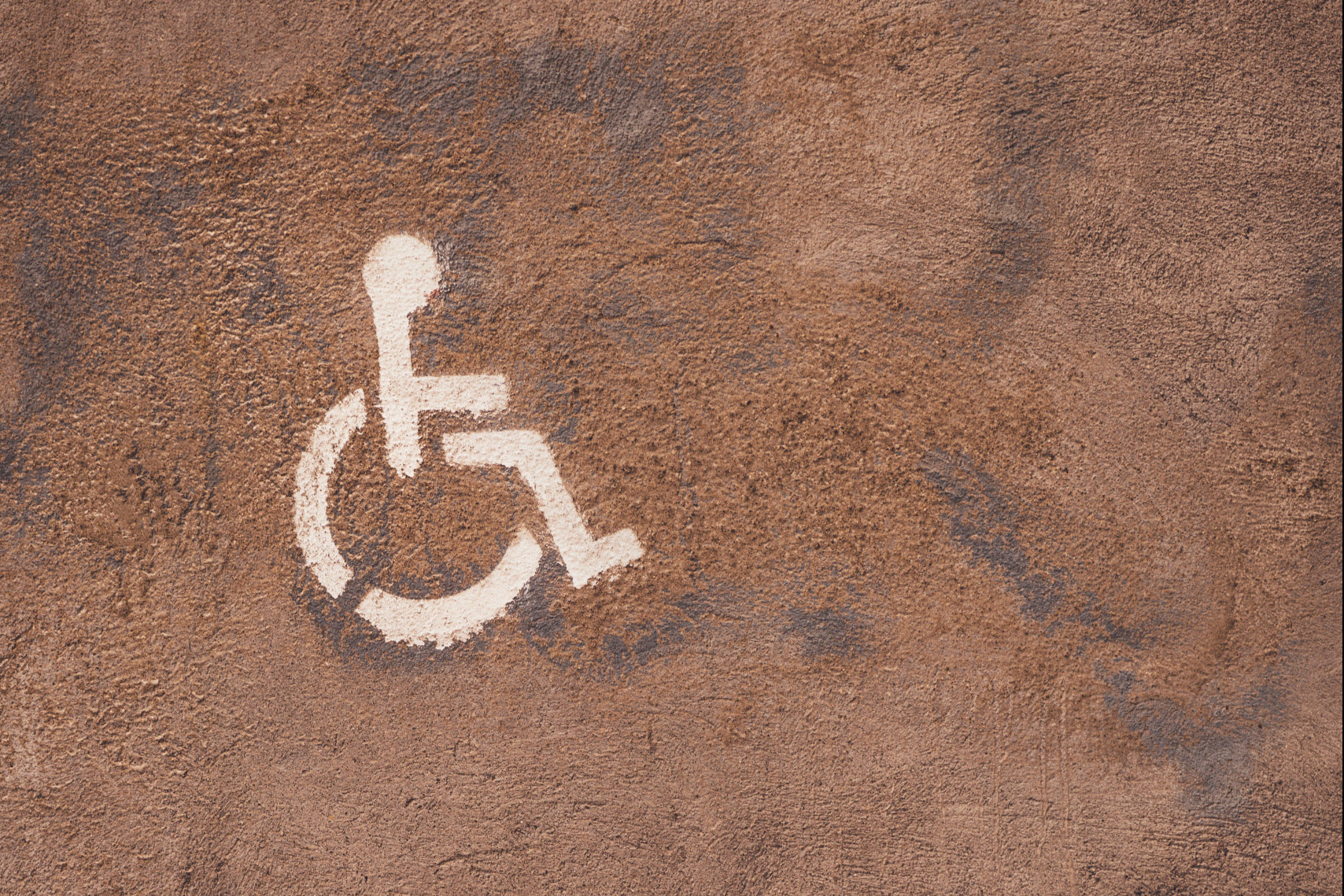“Oh! You’re anorexic and you’re disabled”
A million thoughts raced through my brain as I waited in terror for the door to creek open and my name to be called. For days, weeks, months and years, I had worked so hard – we had worked so hard. We had trained our body and our exhausted mind to overcome so much to reach perfection. We were in control despite everything. The world was crumbling under the gravitas of people’s expectations of what I should be and who I should become. Yet, I was weightless – or at least, that was my goal. Anorexia offered herself forward as my friend, my mentor and my critic. At the age of sweet sixteen, that’s all a girl wants, isn’t it – someone to be her everything?
The psychologist – who appeared to be utterly perplexed – made her way cautiously towards me. An exclamation of curiosity tumbled her lips before she had foresight to censor her words. “Oh! You’re anorexic and you’re disabled.” Those eight words have simultaneously haunted and healed me for the dozen years since.
To begin to unpick this statement at its most basic level, the psychologist; a woman who was undoubtedly well educated, had seemingly little to no awareness of disability. The notion that someone with a disability could have more to their personality than ‘being disabled’ escaped her radar. This, though, isn’t down to the simple lack of insight of just one person – in my experience, it’s a widespread view. You cannot be disabled and also an athlete. You cannot be disabled and also a ballerina. You cannot be disabled and also have an eating disorder. On many levels, this misconception is damaging. Firstly, ‘disability’ is not synonymous with ‘a wheelchair’. If I had been standing on my own two feet as opposed to sitting in my own four wheels but had an invisible disability, ‘The Tale of the Bewildered Psychologist’ is likely to have been left unwritten.
There are countless people with invisible and visible disabilities who are suffering with mental health conditions. Whilst disability could be a contributing factor, our health – mental or otherwise – isn’t always directly linked to the label. That said, the expectation from society and from ourselves to fulfil the criteria of ‘being disabled’ with enthusiasm and gusto, may be the cherry on the mental health cake. My desire to reach unattainable perfection didn’t come from the need to have picture perfect body, worthy of being featured in an airbrushed magazine, but of a knowledge that I couldn’t uphold the somewhat self-imposed mission to be the inspiring, always-got-it-together, disabled poster girl. I wasn’t allowed to be anything other than the disabled stereotype and so, in an act of defiance, I was going to take control of the one thing I thought I could. Anorexia helped me to be something other than what I was.
The reality that I’d created for myself was exposed and shattered when the bewildered psychologist successfully delivered the punchline to end all punchlines. Like a hamster caught in a wheel, I’d deluded myself into thinking that I’d calorie counted my out of a relationship with my disability. Despite her disbelief, she had ripped off the bandaid, proved me wrong, and stuck the ‘disability’ label over the salted wound. I was disabled irrespective of being anorexic.
It’s safe to say, the treatment I received was less than ideal. Much of that was centred around the fact that I wasn’t a ‘normal’ anorexic who could run a marathon to evaporate dwindling energy consumption.
However, ‘The Tale of the Bewildered Psychologist’ is one I credit with saving my life and making me into the person I am today. No, it wasn’t a quick fix but yes, I believe this was the foundation that enabled me to begin building a relationship with my disability.
If I could go back in time to speak to my teenage self, I would make sure I didn’t come away without her knowing that her relationship with her disability is as complex as any other. Some days, she will be willing to live alongside it, and other days, she’ll want to shove it out the room – locking the door behind it. Most days though, the relationship will be a messy melting pot that falls somewhere in between. Ultimately, until she’s comfortable with that, her disability will affect everything, including the relationship with herself. She can choose to have multiple labels and she can also choose how she reacts to them. Yet, no amount of running from them or shunning them will change what they are.
It’s not our responsibility to educate others on the idea that we can have mental health problems both because of and in spite of our disabilities. We can neither expect them to know something they haven’t been taught. The answer to this conundrum, I think, relies on two factors: the ability to be open-minded and the ability to have open conversation. In turn, we accept, learn and evolve. Disability is about so much more than ‘being disabled’.



